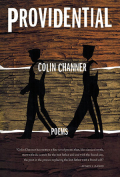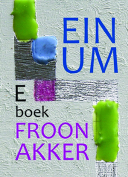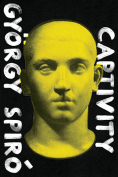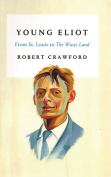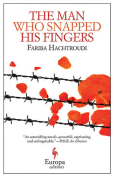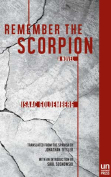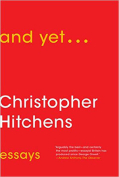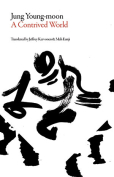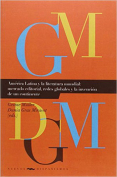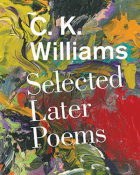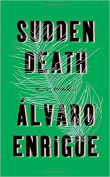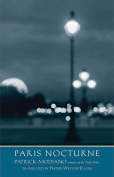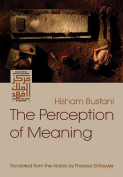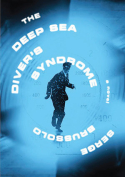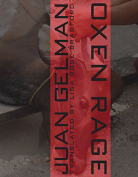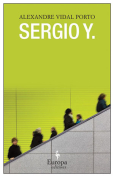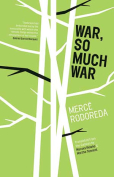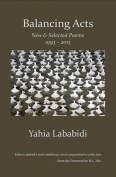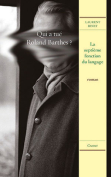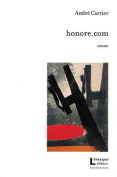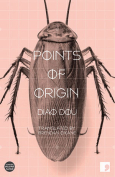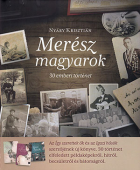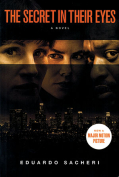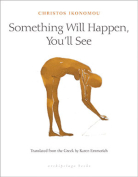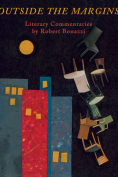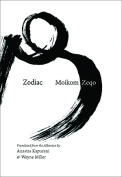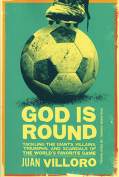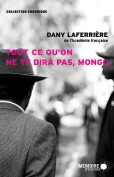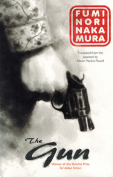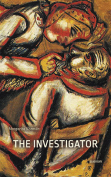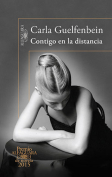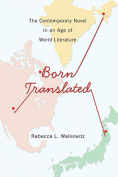Captivity by György Spiró
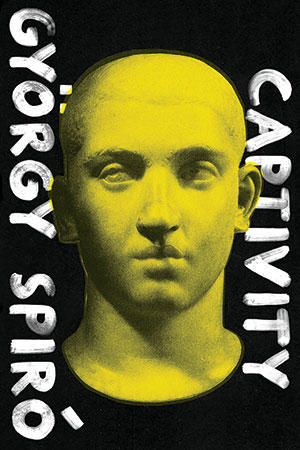 Brooklyn, New York. Restless Books. 2015. 864 pages.
Brooklyn, New York. Restless Books. 2015. 864 pages.
Winner of Hungary’s 2006 Aegon Literary Award, this Rabelaisian saga recounts the Job-like sufferings of the apparently feckless, lovelorn, often sex-starved Uriel, a Jewish citizen of Julio-Claudian Rome. György Spiró’s extensive research renders Captivity a powerful time machine, but his strategies shape a historiographic metafiction that highlights the links between that world and our own.
Captivity’s four books trace Uri’s circular travels: Rome, Judea, Alexandria, Rome. Sent by his father to Jerusalem, Uri, like Candide, must leave his sheltered domain. Enduring repeated hardships, he tries to fathom a world swept, like ours, by dynastic intrigues, colonial unrest, ideological battles, and mighty religious forces. Plot momentum, slow at first, accelerates as Uri and Rome’s dynasty approach their respective ends.
Postmodern techniques conflate then and now. The omniscient narrator, anchored in Uri’s time and consciousness, sometimes moves outward, creating distance through temporal dissonance: “the abacus represented local values, though that was not quite how it was put at the time.” Modern slang, for example, “shit,” “dick,” and “screw,” initially unsettles. But Uri’s efforts, while reading an ancient scroll to Judean grain riddlers, “to couch the antiquated language into more everyday Aramaic,” illuminate György’s own stylistic choices. Intertextuality further mixes times, as when, interpreting a scroll to please his audience, Uri finds it “a bit like having Satan dictate what he said.” Evoking Rushdie’s The Satanic Verses, his actions mirror György’s reshaping of ancient texts.
Vision proves a central trope. Poor eyesight is blessing and curse. Little fit for work, Uri learns from books. Initially missing the import of his experiences—for example, the Greek assault on Alexandria’s Jewish “Delta” or his sharing of a Jerusalem cell with two thieves and a “middle-aged” man (years later revealed as Christ)—he grows slowly wise. Eventually blind but “not blinded,” he disavows Christianity and prophesies the coming Jewish Wars.
While finally embracing and returning his dead father’s love, Uri battles his Eternal Father, the Jewish God. Witness to suffering, cruelty, greed, and self-love’s victory over brotherhood, he questions God’s intent. Watching Christianity attract “losers” who cannot bear “the human condition,” meeting faithless Jewish hypocrites, “Chosen People” who faithfully obey rigid laws yet cheat, perpetuate hurtful hierarchies, and disdain all but themselves, at last he renounces religion as one more power-seeking ideology: “I’m not even a Jew anymore.”
Beyond bringing to vivid life a decisive human era, Captivity offers a meditation on man’s fate in an absurd world. Uri’s reference to Critias’s atheistic “Sisyphus fragment” invokes Camus’s existential hero. Like him, Uri, “able to take a lot,” finds meaning and freedom in a godless universe. His early Roman hovel becomes “a prison cell, but a voluntary one—freedom itself.” Captive of history, doomed to mortality, burdened by “unholy freedom,” Uri finally creates his own values: truth and love. Unable to counter official lies, this lapsed Jew exhausts his wealth preserving Jewish scrolls and aiding Jewish prisoners in Rome. Yet, dying painfully, alone, imagining a different, loving family, he embraces life: “ ‘I still want to live,’ he thought . . . and was lost in wonder.”
Michele Levy
North Carolina A&T University

